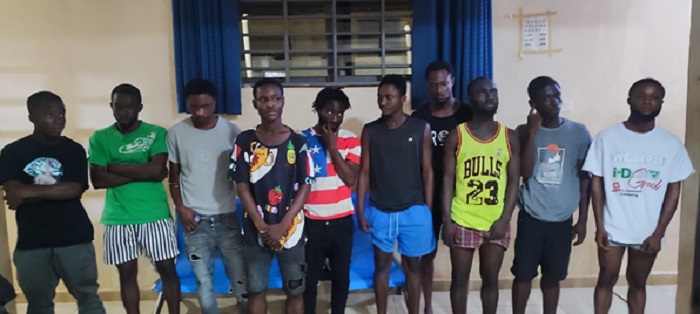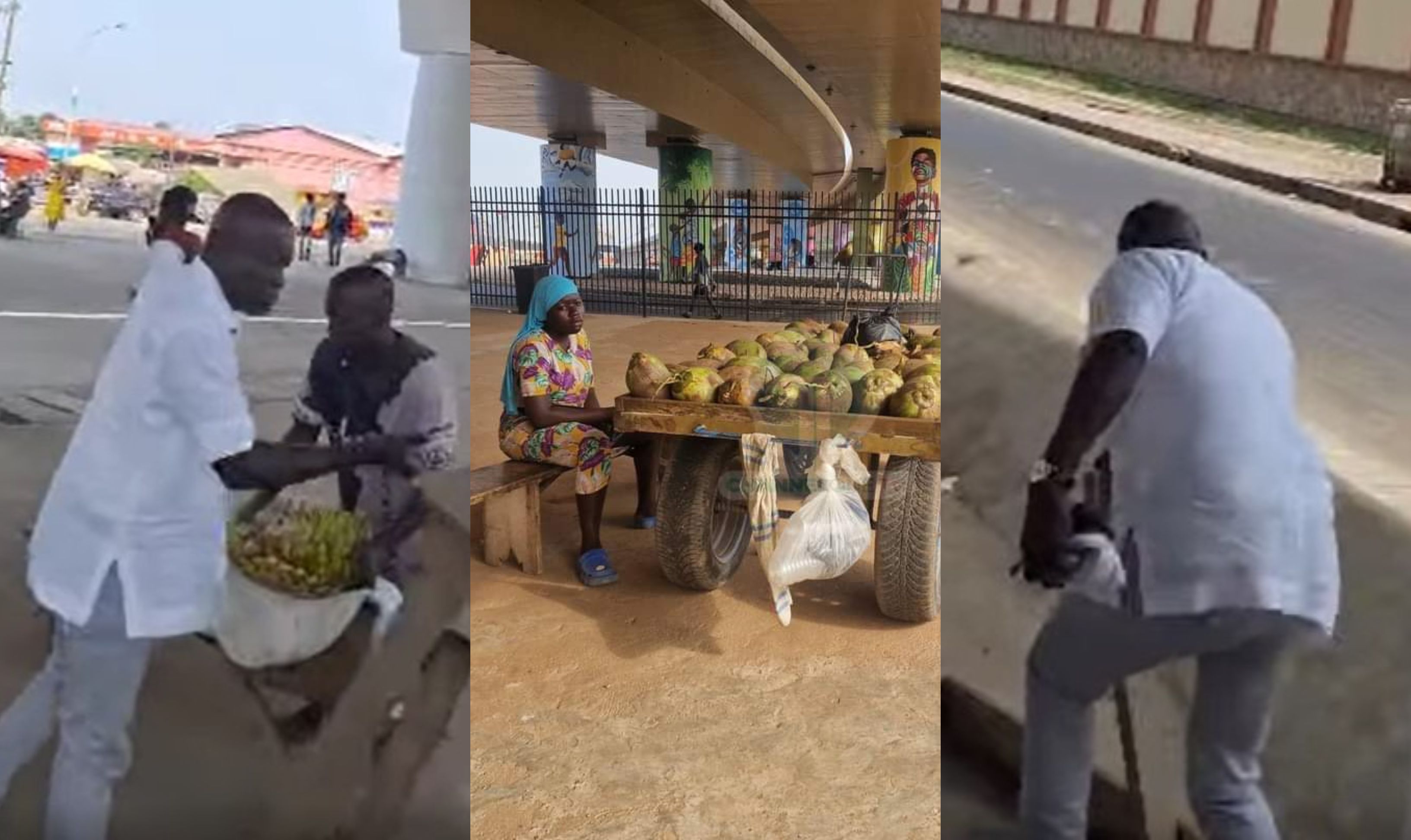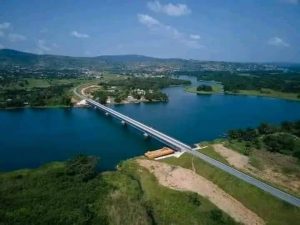
Richmond Frimpong
The European Union (EU) must relook at its policies on cash crop imports from the developing world, the Ghana Agriculture and Rural Development Journalists Association has said.
A new law that penalizes commodity trading companies for importing goods including cocoa, coffee, rubber, timber, and other items connected to deforestation and child labor from developing nations was approved by the EU last year.
Before selling products into the EU, the law requires companies to provide a due diligence statement proving their supply chains are not causing the destruction of forests. If they fail to do so, they risk paying significant fines.
However, some players, such as GARDJA, have described the action as a ‘de facto’ ban on Ghana’s cocoa exports to the EU market due to the fact that the majority of the nation’s cocoa is farmed in forests and that children assist their parents on farms.
In a statement released on Friday, the group stated that Ghana would be particularly impacted, noting that eight years ago, the EU had prohibited the importing of vegetables from Ghana because of the country’s severe pest infestation.
“As a result, the country lost about US$30 million in revenue between 2014 and 2017 for failing to meet EU vegetable export quality standards,” the statement, signed by its President, Richmond Frimpong, noted.
The association said the Ghana Cocoa Board (COCOBOD) data from the 2018/2019 crop year indicated that 44% of the total cocoa bean output was directed to the EU.
“Furthermore, in April 2021, the Forestry Commission of Ghana reported that timber exports to the EU reached €8.35 million, accounting for 16.98% and solidifying its position as the second-largest export destination for the country’s timber and other wood products,” the statement said.
The group said Europe serves as a significant market for Ghana’s key commodities, and any failure to comply with the stipulations of the new bill could result in both social and economic consequences for the local cocoa, coffee, and timber industry.
“As an association working to improve the quality and quantity of agricultural-focused reporting in Ghana’s media space, we recently had the unique opportunity of engaging various stakeholders in the sector at a five-day training on human rights due diligence and forced and child labour, that discussed these issues extensively,” the statement said.
A Daily Guide Report















Facebook
Twitter
Pinterest
Instagram
Google+
YouTube
LinkedIn
RSS